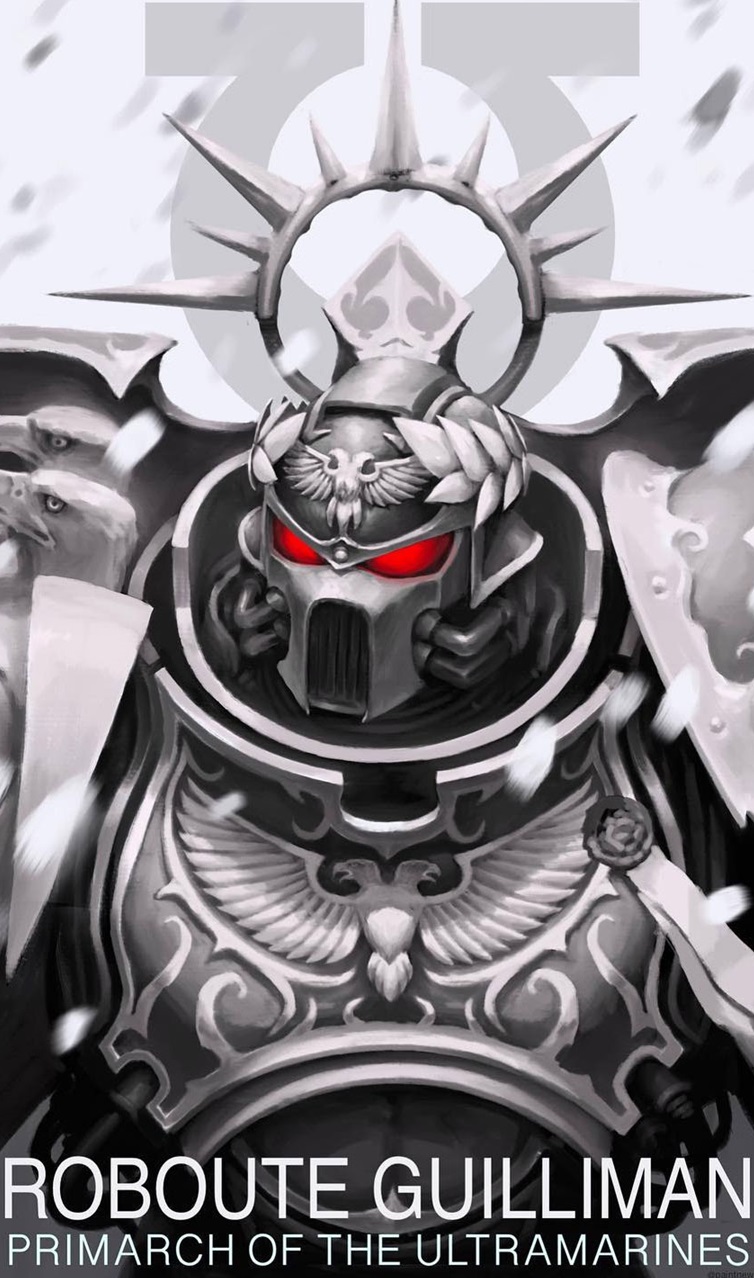Roboute Guilliman: The Living Symbol of Imperial Unity
A Visionary Leader
Roboute Guilliman, Primarch of the Ultramarines, stands as a beacon of order, strategy, and hope within the grim darkness of the 41st millennium. More than a warrior, he is a statesman and visionary, whose towering intellect has forged legacies of unity and strength amidst the chaos of the galaxy.
Forged on Macragge
Raised on the planet Macragge, Guilliman’s genius for governance and war emerged early. Under his rule, the planet transformed into a model of efficiency and justice. When the Emperor arrived, he found not a conqueror but a ruler whose dominion reflected the ideals of the Imperium.
The Paragon of Strategy
As leader of the Ultramarines, Guilliman’s XIII Legion became a symbol of adaptability and balance. His Codex Astartes defined the structure of the Adeptus Astartes, turning war into a disciplined tool for enduring order. For Guilliman, victory was not the end—it was the foundation of a lasting empire.
The Trials of the Heresy
The Horus Heresy tested Guilliman’s resolve like never before. Isolated from Terra, he fortified Ultramar, creating the Imperium Secundus as a contingency against annihilation. While controversial, this act was driven by necessity, preserving hope amidst the galaxy’s darkest hour.
Rebuilding a Shattered Imperium
After the Heresy, Guilliman spearheaded reforms that reshaped the Imperium, preventing future rebellions through the division of Legions into Chapters. However, his brilliance clashed with the bureaucracy of the High Lords and the Ecclesiarchy’s dogma, a struggle cut short when Fulgrim mortally wounded him.
The Return of the Avenging Son
Ten millennia later, Guilliman’s resurrection reignited hope for the Imperium. Leading in the Dark Imperium era, he battles Chaos as both warrior and statesman, wielding the Emperor’s Sword and fighting against despair. Guilliman remains the Imperium’s last, best hope—a symbol of resilience and a bridge between humanity’s past and its uncertain future.

